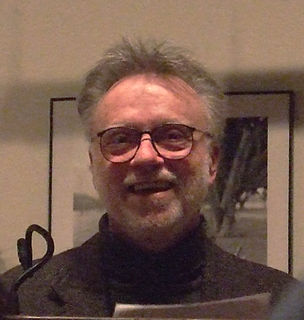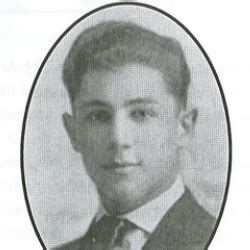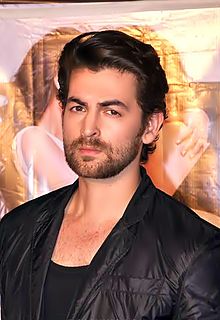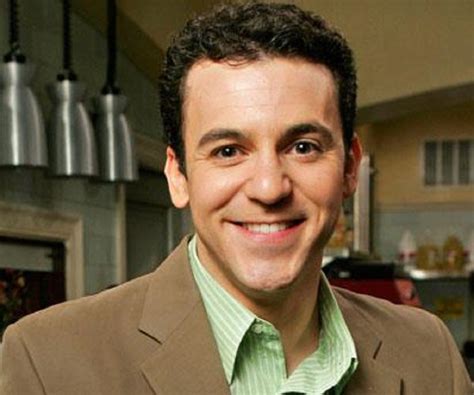A Quote by Kevin Spacey
Directing a film was something I was yearning to do. I always wanted to see if I had the capacity to be a good storyteller.
Related Quotes
The deal was we had to have people accompanying us and they would ask us not to film something [in North Korea]. For example, we wanted to film at a certain place and there happened to be a building under construction and it didn't look as fancy as the other buildings, so they wanted us to shoot where everything looked finished and made a good impression of the cityscape.




































